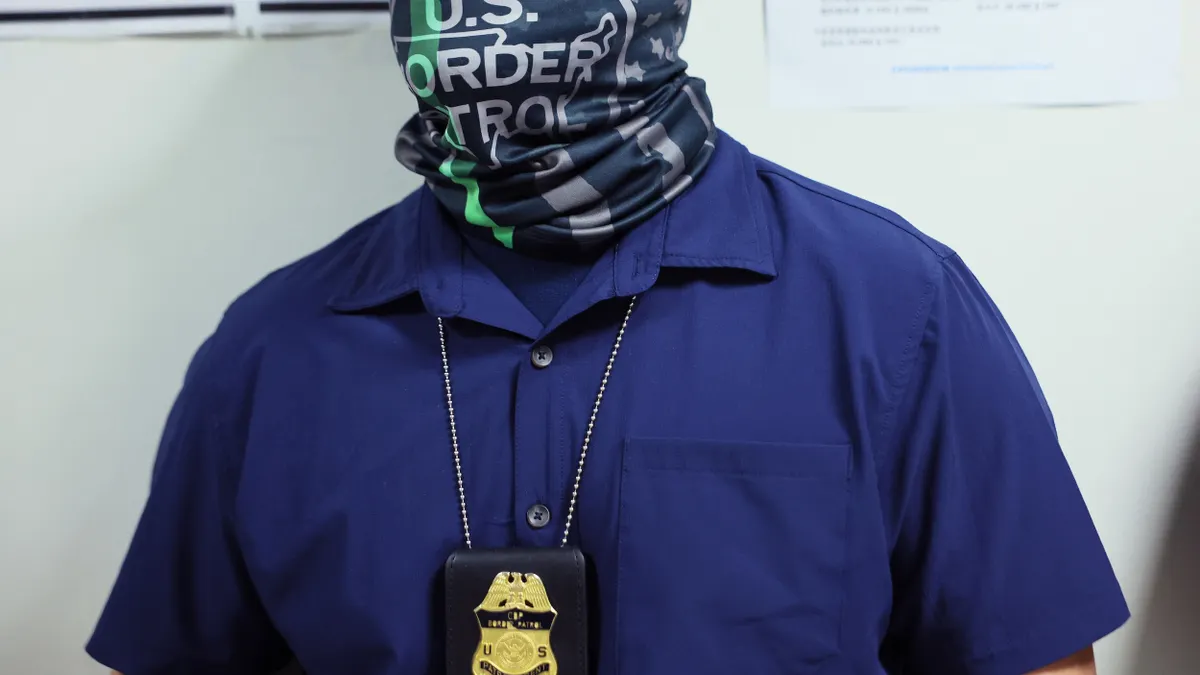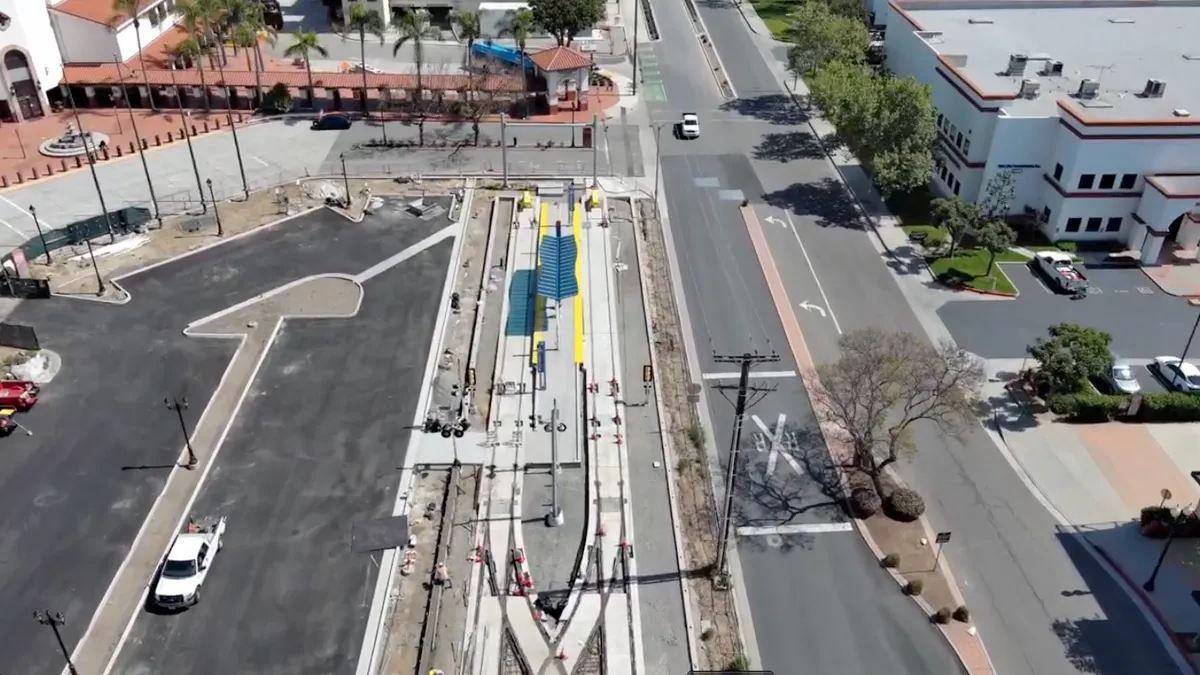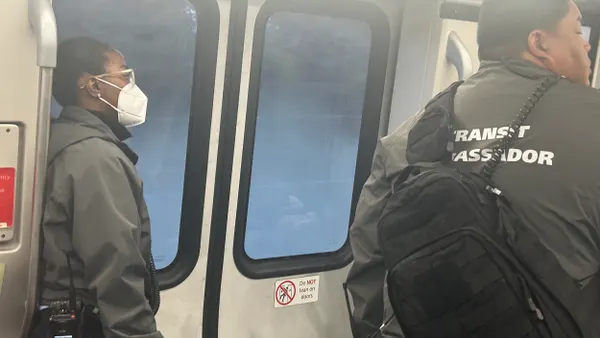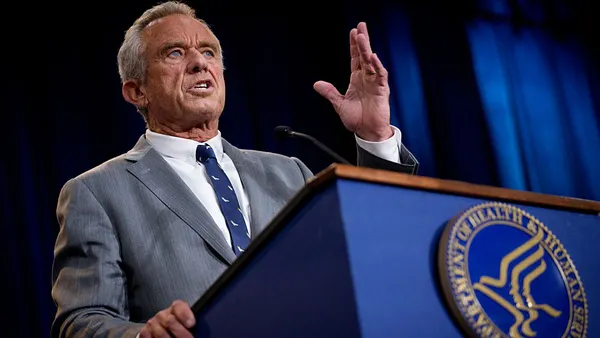Dive Brief:
- The U.S. Supreme Court on Monday ruled 6-3 to stay a temporary restraining order that had prohibited federal agents from stopping people in Los Angeles County based on their apparent race or ethnicity, their speaking Spanish or accented English, their occupation or their presence in a particular location such as a car wash, bus stop or day laborer pickup site.
- The decision sets a temporary precedent as the case proceeds in federal district court as scheduled for Sept. 24. Stephen Yale-Loehr, an immigration law attorney and retired professor at Cornell Law School, said a final decision is not likely until June 2026 at the earliest. “That’s a long time for mayors to have to deal with this issue in the meantime,” he said.
- Los Angeles Mayor Karen Bass condemned the ruling, saying the result is that “the White House and masked federal agents can racially profile Angelenos with no due process, snatch them off the street with no evidence or warrant, and take them away with no explanation. This decision will lead to more working families being torn apart and fear of the very institutions meant to protect — not persecute — our people.”
Dive Insight:
Los Angeles County, Los Angeles city and seven other cities within the county on July 2 filed a motion to intervene in a federal class action lawsuit alleging federal agents were engaging in “unconstitutional and unlawful immigration raids by targeting Angelenos based on their perceived race and ethnicity and also denying detainees constitutionally mandated due process.”
On July 11, a federal judge in Los Angeles issued a temporary restraining order that barred federal immigration agents from stopping suspected undocumented immigrants based on those factors. The Trump administration in August asked the Supreme Court for an immediate administrative stay on the order, with Solicitor General D. John Sauer stating those factors “can heighten the likelihood that someone is unlawfully present in the United States.”
Noting that about 10% of people in the Los Angeles region, or about 2 million people, are estimated to be in the United States illegally, Justice Brett Kavanaugh wrote in granting the stay that immigration stops “based on reasonable suspicion of illegal presence have been an important component of U.S. Immigration enforcement for decades.”
While Kavanaugh said “apparent ethnicity alone cannot furnish reasonable suspicion,” it can be considered “a ‘relevant factor’ when considered along with other salient factors.”
In her dissent, Justice Sonia Sotomayor said the Fourth Amendment prohibits seizing individuals based on the factors, which “in no way reflect the kind of individualized inquiry the Fourth Amendment demands.”
“We should not have to live in a country where the Government can seize anyone who looks Latino, speaks Spanish, and appears to work a low wage job,” Sotomayor wrote.
Homeland Security Secretary Kristi Noem on X called the decision “a win for the safety and security of the American people and the rule of law” and said that federal immigration officials “will continue our operations in LA to remove the worst of the worst criminal illegal aliens that pose a danger to public safety.”
Yale-Loehr advised mayors to try to negotiate terms with local Immigration and Customs Enforcement offices regarding what actions agents can take within their cities.













